Icons Like The Escort Mexico And Lotus Cortina Prove That Fast Fords Have Always Been Brilliant
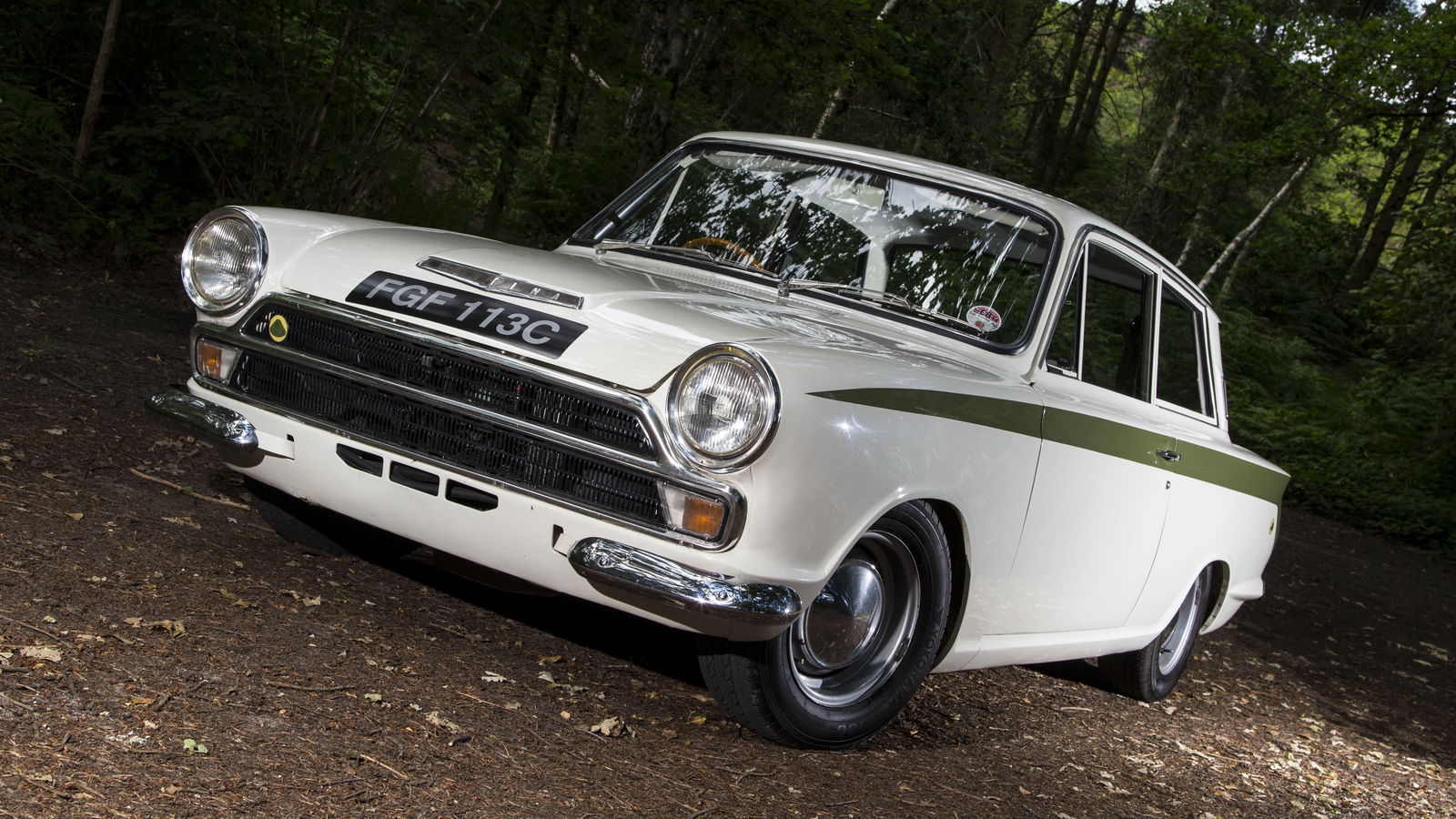
Fast Fords: we can’t get enough of them. We recently ran a Ford Focus ST as a long termer and loved it, but quick Blue Oval cars go much further back than that. There’s the bewinged Escort Cosworth of the 90s, the various RS Turbo cars of the 80s, and from the 70s and 60s respectively, the Escort Mexico and the Lotus Cortina.
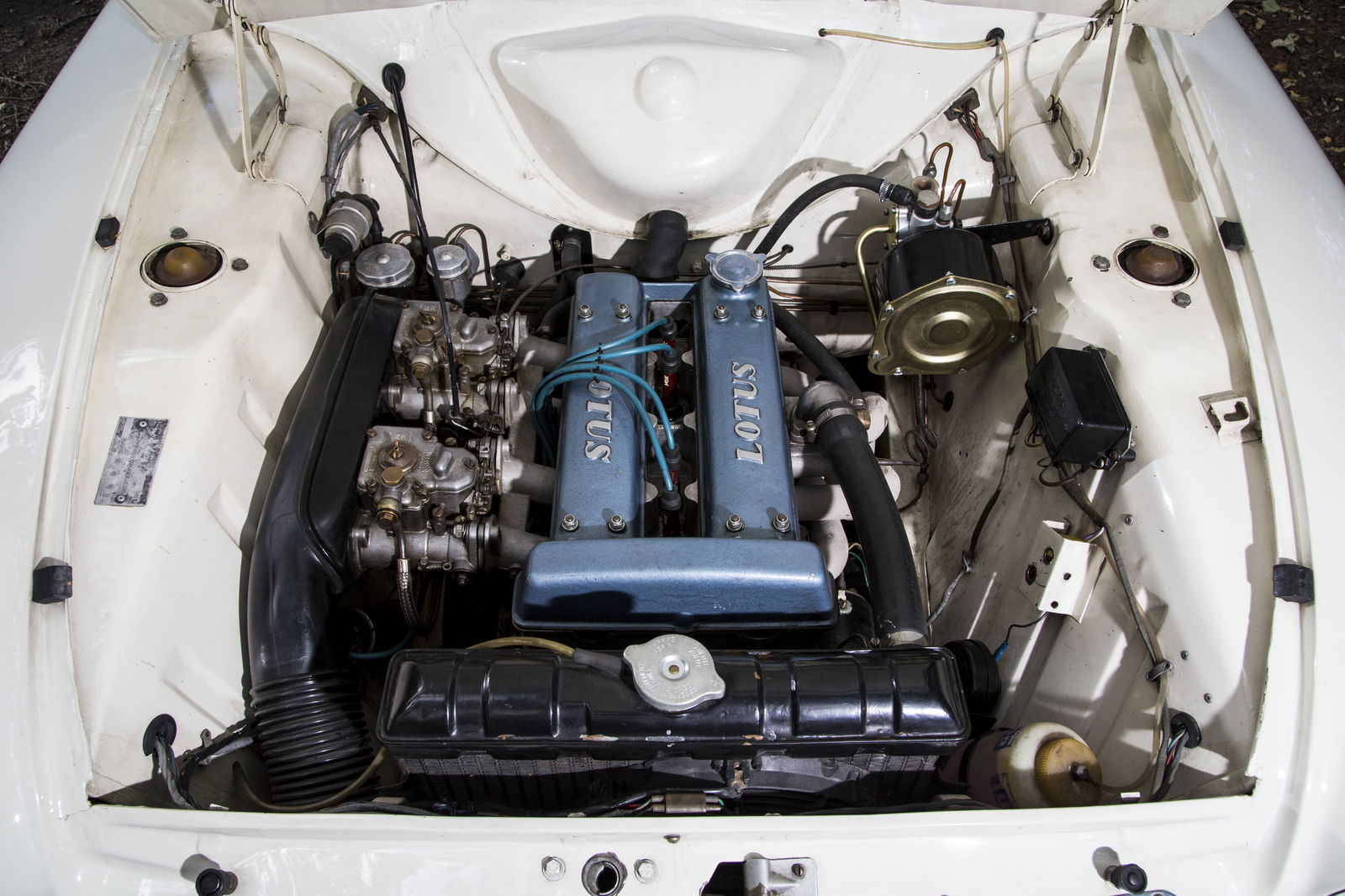
After a recent visit to the Ford Heritage fleet, my desire to try both the Mexico and Cortina was stronger than ever. At the launch of the new Fiesta Red and Black Editions, these two beauties were standing proud, ready to be driven by lucky blokes like me.
First up was the Cortina. Fresh from driving a modern Fiesta with its chunky dashboard and comparatively huge pillars, the ‘Tina felt incredibly airy inside. After releasing the handbrake - a silver push/pull handle in the dash - it took me about five attempts to get the car in reverse. Doing so requires hauling the stick back and to the left while lifting, and it’s not the easiest shift.
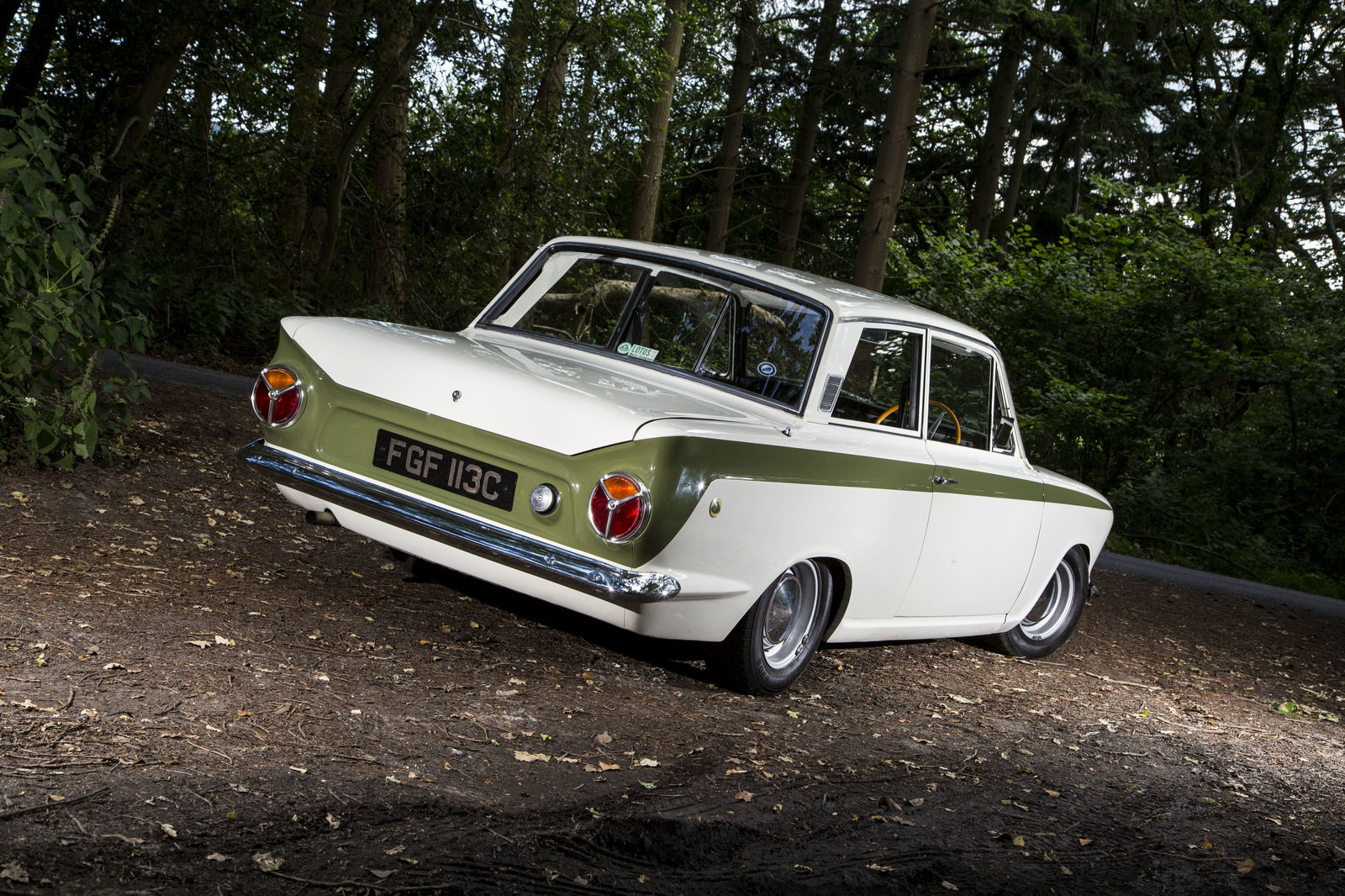
Gingerly manoeuvring out of the car park, I set off down the road at a relaxed pace. The first thing that hit me was just how low to the ground it sits, followed soon after by the huge increase in noise compared to the mollycoddling modern cars I’m usually driving. The 1557cc twin-cam engine - highly modified by Lotus using a Ford Kent lump as a base - sounds noisy and unrefined at low revs, but once you punch above 4000rpm, it gets mad. Really mad.
It’s one of the most dramatic powerplants I’ve ever had filling my ears with noise
The induction ‘bark’ from the engine is incredible, and even though there’s only 105bhp on offer - not a particularly impressive figure these days - it’s one of the most dramatic powerplants I’ve ever had filling my ears with noise.
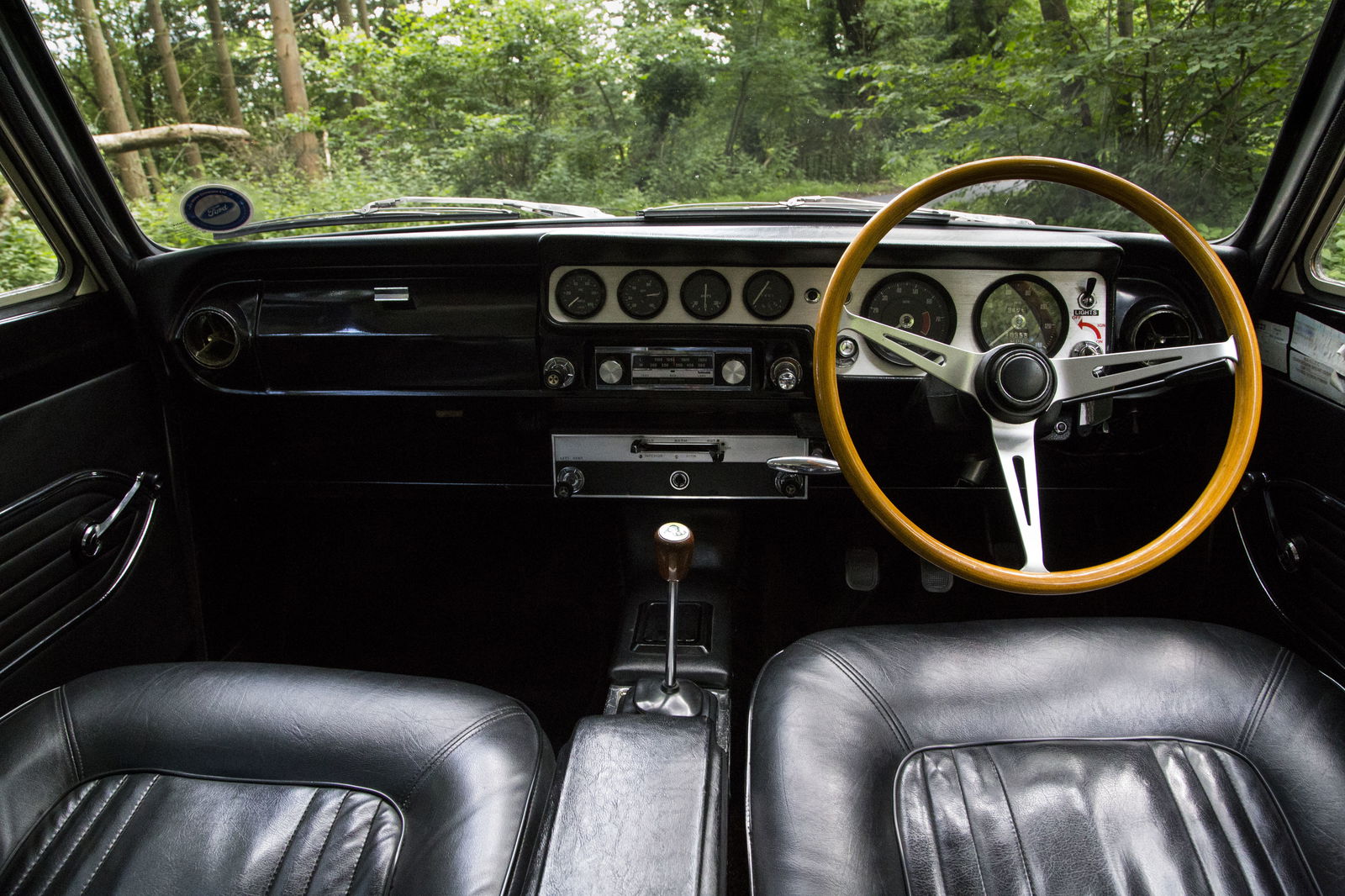
It’s a good job it’s so fantastic in a straight line, as in the corners, it’s a little scary. The steering seemed to be all over the place, with every input through the wheel preceded by an unnervingly large dose of play. Once you’re used to that, though, the Cortina is a huge amount of fun, with a loose back-end even at even low speeds.
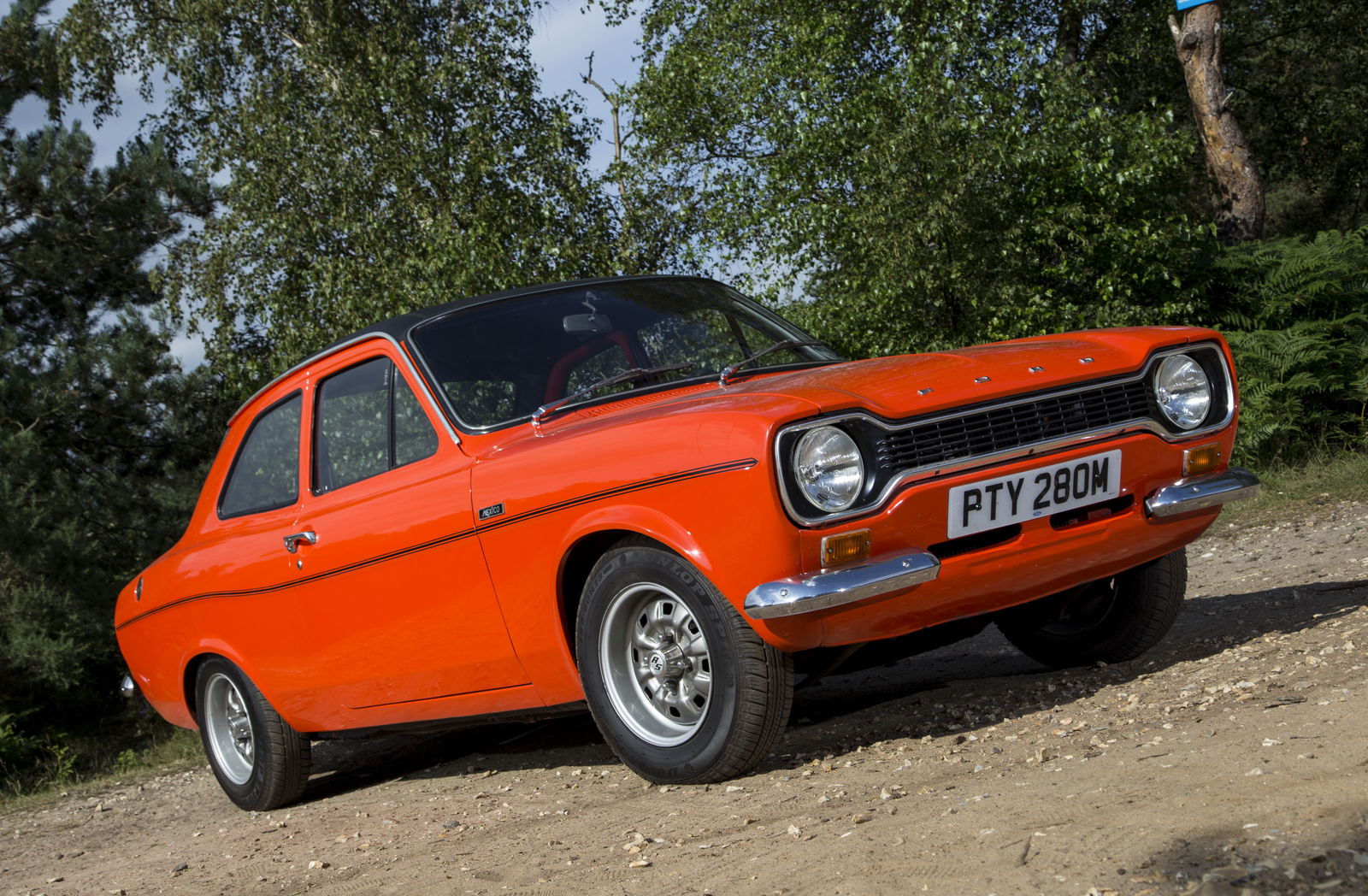
Swapping over into the Escort Mexico, everything immediately felt tighter, particularly when it comes to the comparatively direct steering; no doubt helped by the fact that the car is eight years younger than the 1965 Cortina. On the broken up roads around Goodwood, the Mexico’s bouncy suspension hurled me around the cabin, with the soft and squidgy seats commendably absorbing the impact of my torso crashing down every few seconds. It’s quite a rolly thing in the corners, too.
Like the ‘Tina, it has an amusingly slidey rear, but the engine lacks the theatre of the older car’s bellowing 1.6-litre unit. The Mexico makes do with a standard 85bhp Kent engine, which feels - and sounds - as though it’s under immense strain just to keep you moving at a relaxed pace.
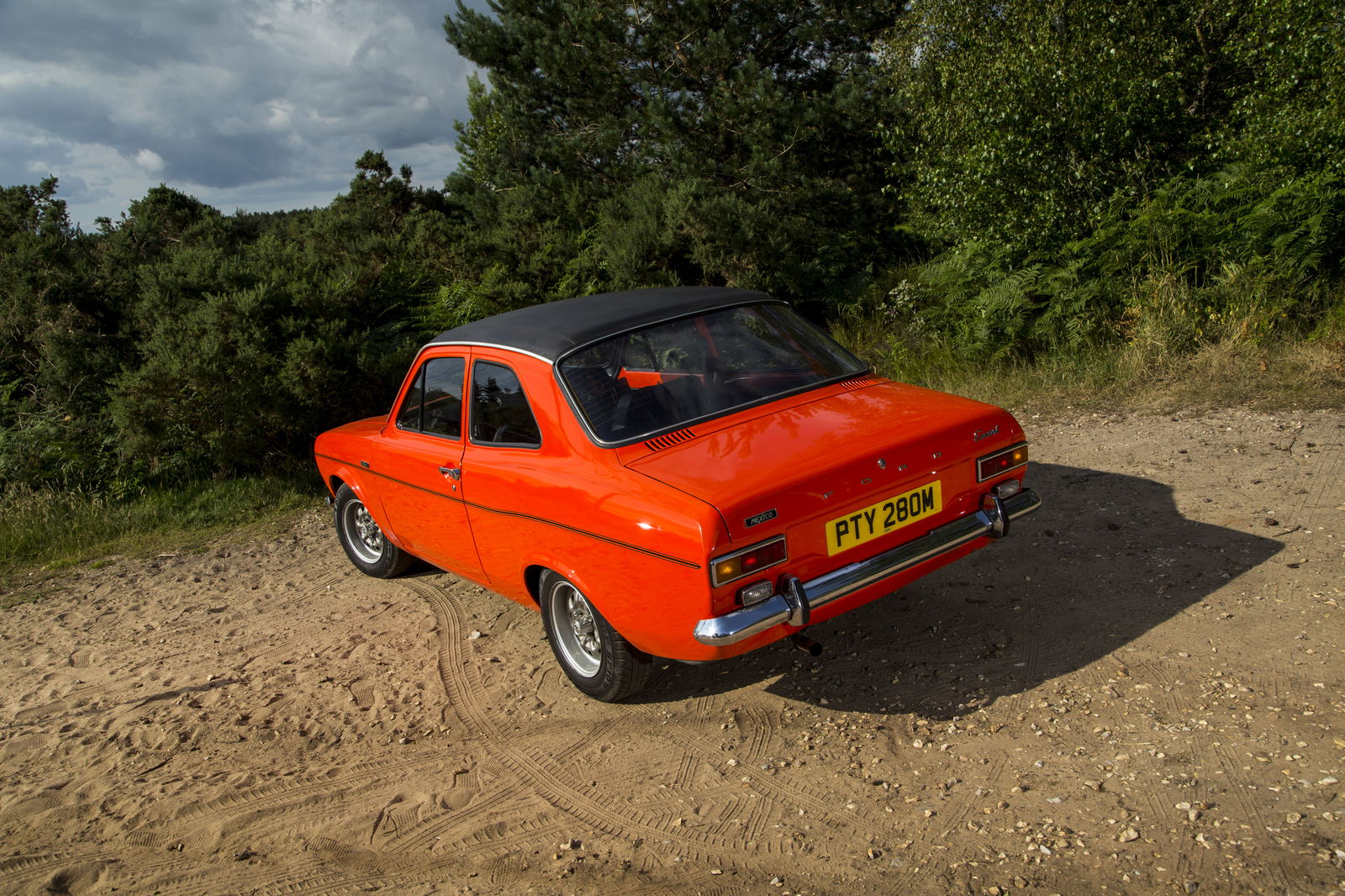
Even so, the Mexico endeared me in a way the Cortina didn’t. It looks absolutely stunning, and I can’t help but check out my reflection in shop windows as I bimble by; even a dweeb like me looks cool behind the wheel of one of these.
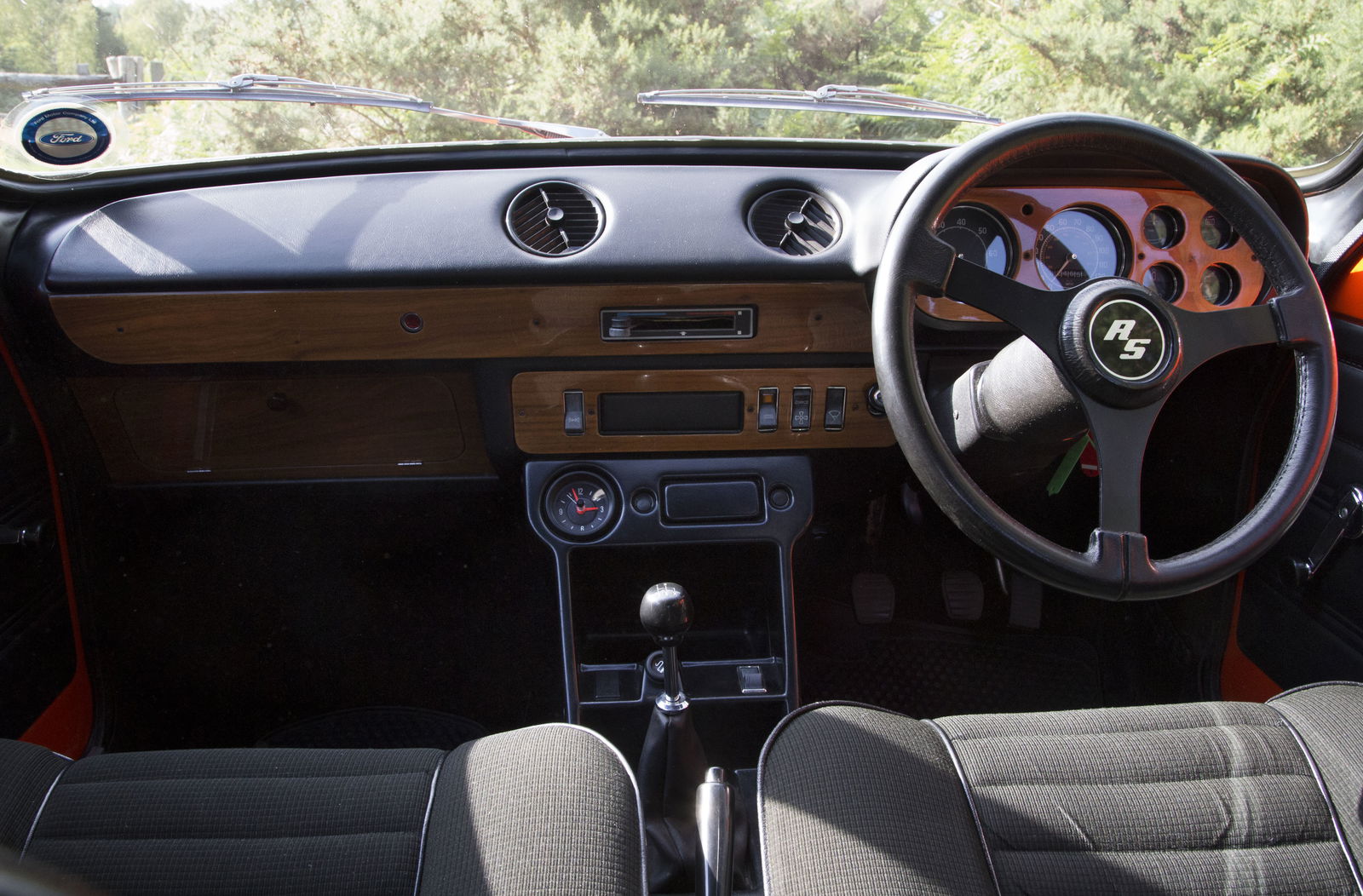
As tempting as it is to now launch into a tirade about modern cars making us increasingly detached from the task of driving, I won’t. For starters, I’m not short-sighted enough to overlook the various factors - such as safety regulations and buyer expectations - that mean it’s an unavoidable reality.
More importantly - having driven Ford’s new Black Edition Fiesta and the sublime Fiesta ST - it’s clear to see that the tradition of fast, hugely fun Blue Ovals cars is alive and well.
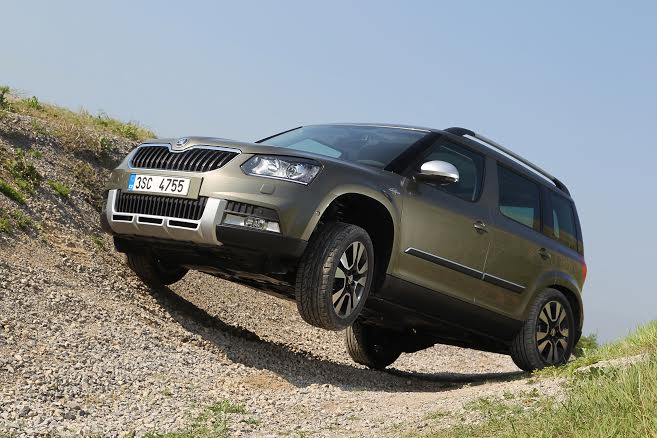
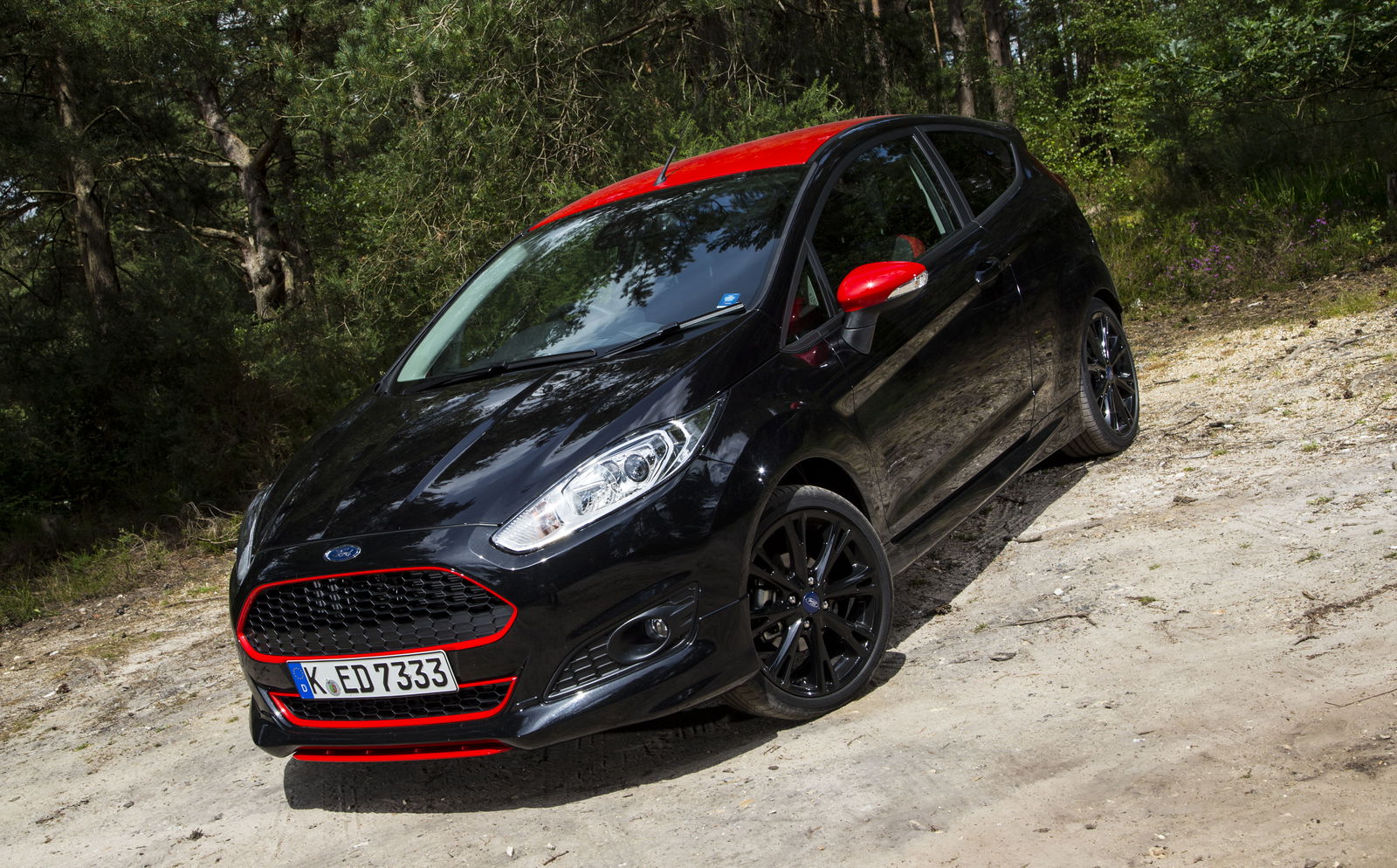







Comments